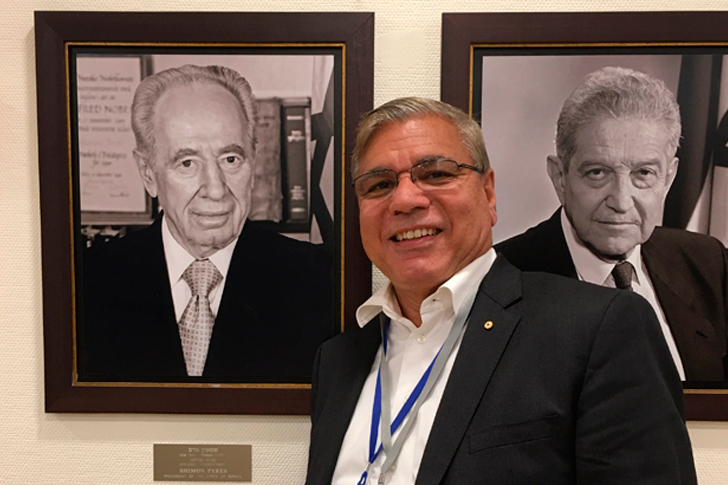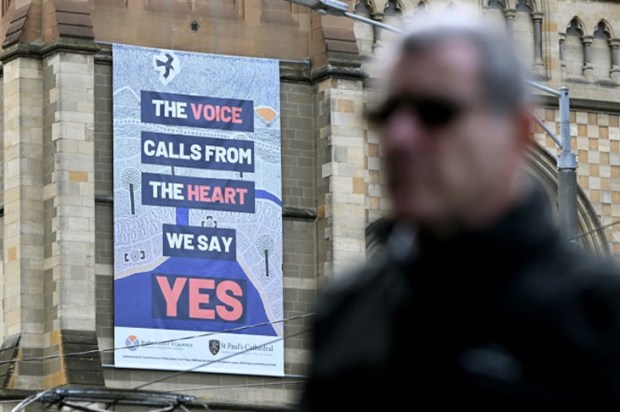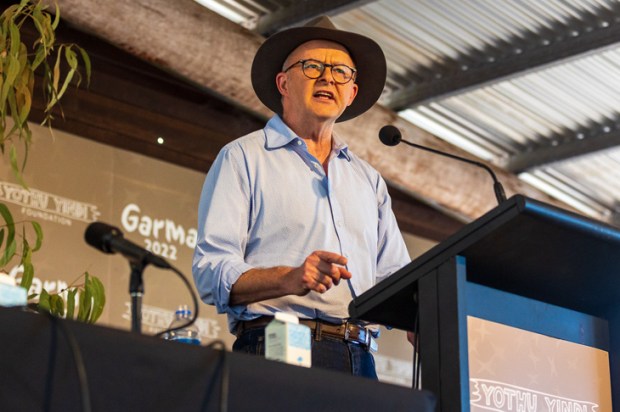I’ve just returned from my fifth trip to Israel in the last decade. It prompted me to recall a conversation between two young Aboriginal friends of mine: ‘Why is Warren is so involved with the Jewish community?’ one asked. The other responded ‘Because they’ve been repeatedly smashed to the ground and each time they get up and keep going. You can’t keep them down.’ It’s true I’ve found inspiration in peoples who’ve rebuilt themselves to thrive in modern society. The Jews are one such group.By Jewish people I don’t just mean observant followers of the religion. Jews can be atheist, agnostic or even members of other religions. The Jewish people are better described as a nation – a large group of people with common descent, history, culture, language and traditional lands.
Jewish tribes originated in the Middle East over 3,000 years ago. From around 1000 BC they combined under a single monarch as the Kingdom of Israel. This split a century later into two kingdoms which were conquered in around 700 and 600 BC respectively. Over the next thousand years, the Jewish nation, like many others, was subject to repeated conquest and occupation, including by the Persians, Byzantines, Romans, Arabs and Crusaders. The Holy Temple, the most important and sacred site in Judaism, was destroyed. Jewish people were forced off their lands, persecuted, exiled, even sent into slavery.
Many Jews settled across Europe, the Middle East and Northern Africa, known as the Jewish diaspora. In 1516 the region was conquered by the Ottoman Empire which controlled it until the Turkish defeat in World War I. From then Great Britain occupied the region as part of Mandatory Palestine. Throughout these occupations, there were some periods of reprieve where Jews lived in relative safety in their homelands, during which some of the diaspora even returned. Examples of this occurred during the Ottoman Empire and Mandatory Palestine.
Jews experienced hardship in the diaspora too, including religious persecution, destruction of sacred buildings and artefacts, ghettos, massacres, expulsions. In Spain, for example, the thousand-year-old Jewish community was decimated through massacres, forced conversions and expulsion. This pattern was repeated across Europe from the Middle Ages on. In the Russian Empire in the 1800s-1900s there were anti-Jewish pogroms – attacks against Jewish people comprising mob violence, rape, looting, property destruction and murder. Persecution of Jews in Europe culminated in one of the greatest horrors of the 20th century with six million Jews exterminated in the Holocaust, a third of the world’s Jewish population.
In 1947 the United Nations approved a plan to partition Mandatory Palestine into a Jewish state and an Arab state. The Jews accepted the Plan but the Arabs didn’t. The State of Israel was declared in 1948 and immediately invaded by neighbouring Arab states. In the next few decades around 850,000 Jews were expelled from countries in Northern Africa and the Middle East with little more than the clothes on their back. Conflict in that region continues today.
Jews still experience persecution. In the USA more than half of all religious hate crimes are motivated by anti-Jewish bias, twice as many as for any other religion. In Australia, students at Jewish schools are under constant armed guard for their protection. It’s hard to think of a people who’ve suffered more than the Jews. Yet today they stand amongst the most thriving and successful of peoples. The modern state of Israel started as a poor country with few natural resources surrounded by countries determined to drive it off the map. Today it’s a modern, vibrant and affluent nation with a liberal democracy, a free market economy and the rule of law. It’s part of the global marketplace, home to multiple cultures and faiths, who can worship as they please, and the only country in the Middle East to host a gay pride parade. Israel has combined traditional culture with modern Western institutions and values. The Hebrew language has been revived. Jews are among some of the world’s top scientists, philosophers, writers, artists, musicians, philanthropists and entrepreneurs in history. In every country they live in, Jews contribute in politics, business, charity, community, education and public life.
There are other peoples who inspire me that nations can thrive in modern society, despite history, and can make traditional culture a force of strength in the modern world instead of something that holds them frozen in time. I’ve written about Korea and the Cherokee peoples of North America. Singapore, Japan, China and the Turks are others who’ve achieved this in history. These kinds of transformations give me hope that Australia’s Indigenous nations, too, can prosper.
Israel and the global Jewish diaspora are also proof that a nation of people can suffer persecution, segregation, discrimination, loss of language and sacred sites, even genocide, and not only survive, but thrive; that people don’t need to be held back by the past. Attending an event to mark an anniversary of the liberation of Auschwitz, I listened as one speaker observed that after World War II their parents and grandparents gave them permission to move forward with life and succeed; not forgetting the past but not allowing it to impede their future either. This outlook resonates with me. It’s a message that I hope Indigenous people can impart to our children and grandchildren too.
Got something to add? Join the discussion and comment below.
Get 10 issues for just $10
Subscribe to The Spectator Australia today for the next 10 magazine issues, plus full online access, for just $10.
You might disagree with half of it, but you’ll enjoy reading all of it. Try your first month for free, then just $2 a week for the remainder of your first year.














Comments
Don't miss out
Join the conversation with other Spectator Australia readers. Subscribe to leave a comment.
SUBSCRIBEAlready a subscriber? Log in